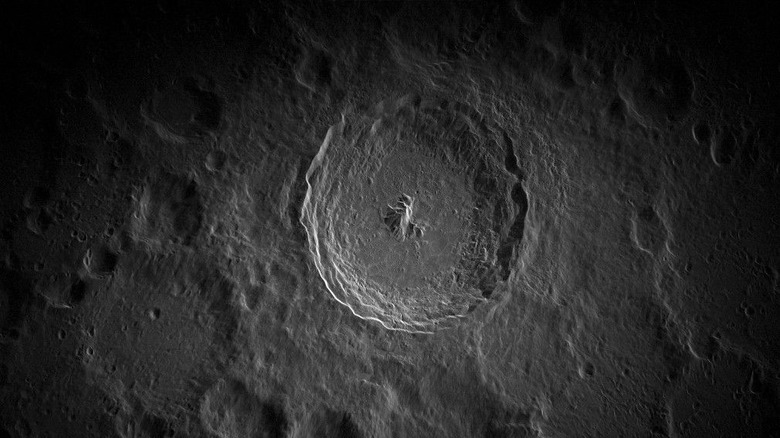Wild Plan Says We Should Mine Moon Dust To Create A 'Solar Shield' Around Earth
As the climate crisis continues to worsen, scientists and researchers around the world have been looking for ways to curb the effects and mitigate the damage. Now, three astrophysicists have proposed a plan to create a moon dust shield by mining and shooting bits of moon dust into space.
The plan might sound a bit out of this world — sorry for that one — but it could potentially obscure the Sun's rays by 1.8 percent, which is roughly equal to six days of sunlight each year. The moon dust shield would lower Earth's temperature, as well, helping combat global warming.
But, to pull off those kinds of numbers, humans would need to mine roughly 11 million tons of moon dust to create a proper and effective moon dust shield, the researchers estimate in their findings. They published these findings in the peer-reviewed Public Library of Science (PLOS).

The three researchers involved with the research say that the dust mined from the moon would need to settle millions of miles from Earth's orbit if it has any hope of actually creating a dust shield that can block out the sun's rays. But how exactly would we go about getting all of that dust into space?
Well, the plan there is to mine it and then shoot it out of cannons placed along the lunar surface. This would take less energy to eject the moon dust for the shield, but we wouldn't have as much control over where it went, as it would eventually begin drifting out of position.
That drifting would then require us to shoot even more moon dust into space, making it a process that continues onward as long as humanity wanted to use the moon dust shield effectively. This isn't the only plan that we've seen to fight climate change by positioning things between Earth and the Sun.
Other plans have involved the creation of space bubbles, which would be placed halfway between Earth and its star. All of these plans are likely to be expensive, though, as they require putting something in space that will do the job. Other plans to combat climate change will no doubt continue to pop up, too.
